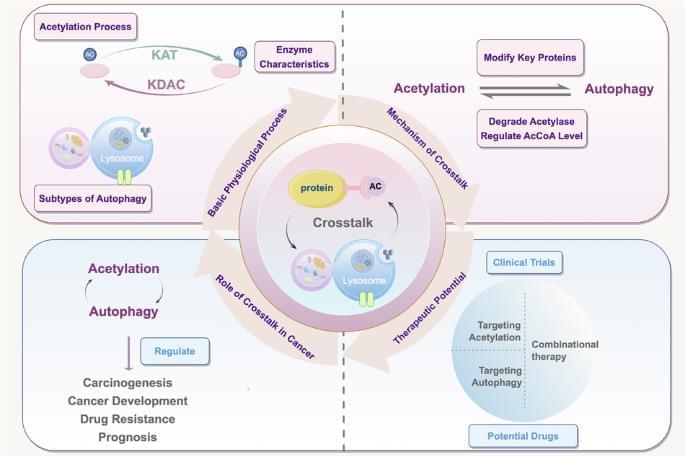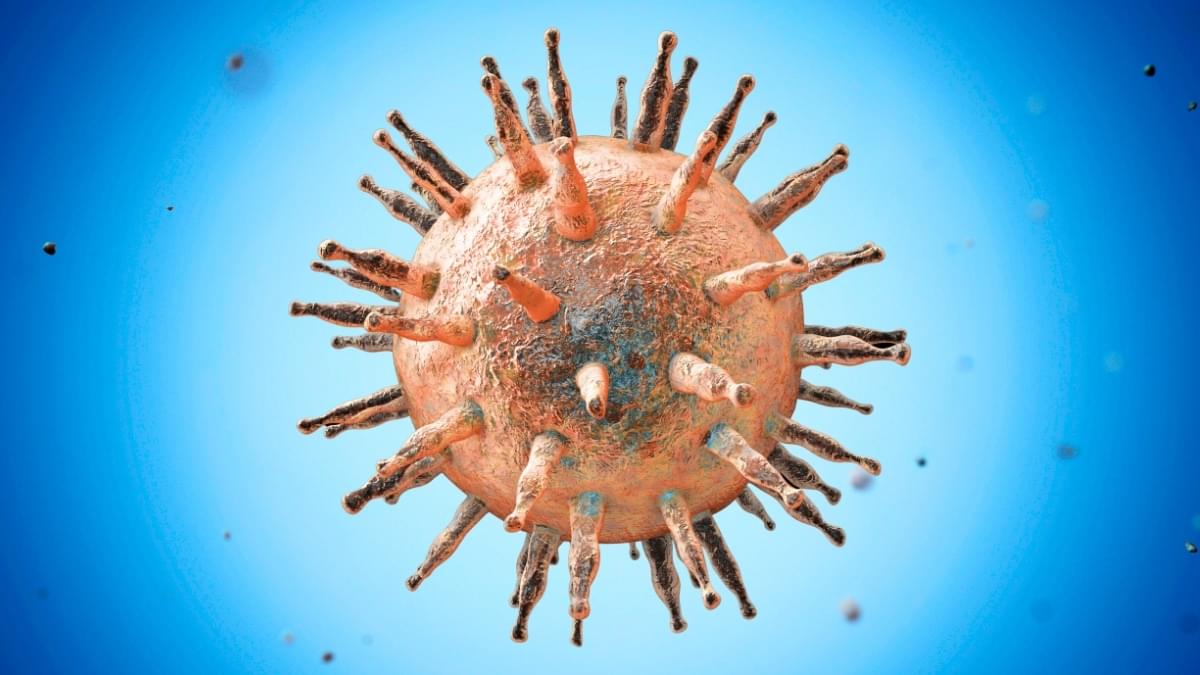From village dogs to toy poodles to mastiffs, dogs come in an astonishing array of shapes, colors and sizes. Today there are estimated to be about 700 million dogs living with or around humans.
To many of us, dogs are loyal companions, working partners, and beloved family members—and the histories of our species are deeply woven together. But how did this incredible diversity come to be—and how far back does this relationship with humans go?
Two new studies published today in Science provide some answers. One, led by Allowen Evin from the University of Montpelier, draws on ancient skeletal remains. The other, led by Shao-Jie Zhang from the Kunming Institute of Zoology, draws on the study of DNA from ancient Eastern Eurasian dogs.









